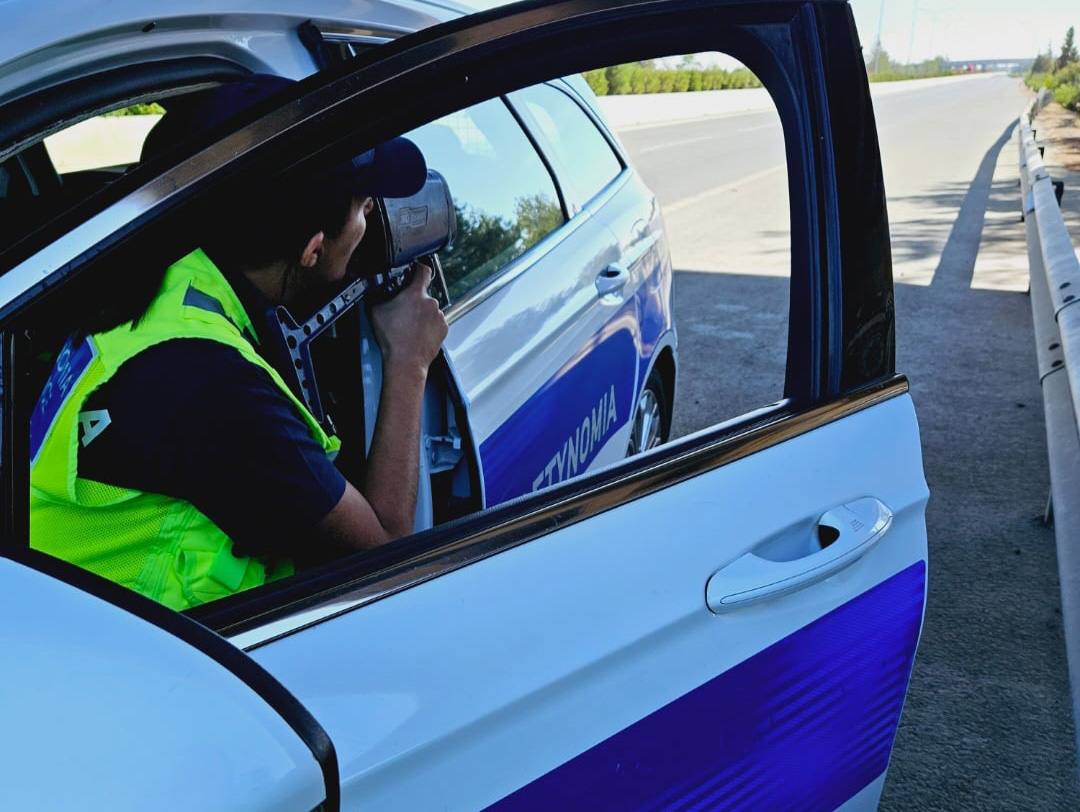Almost €20 million was collected in 2024 from traffic fines issued by police and through speed and traffic cameras. Of that, €11.5 million went to municipal budgets, while €8.5 million was handed to the central government.
According to Philenews, the biggest earners last year were Limassol (€2.7 million), Larnaca (€1.85 million), Nicosia (€1.7 million), and Paphos (€1.1 million). Strovolos, the largest municipality in the country, received just over €1 million.
Funds are distributed based on long-standing legal rules that link the location of the offence with where the money goes.
But the practice has raised eyebrows. One mayor, in a letter to the chief of police earlier this year, questioned why his municipality received only a fraction of the sums compared to a coastal town, which banked over €1.5 million.
Under current laws, all fines for speeding and not wearing a seatbelt go directly to the government.
Fines issued for offences under the 1984 traffic regulations, such as failure to wear a helmet or running a red light, go to the municipality where the offence took place.
In addition, 80 per cent of fines issued through traffic cameras also go to local authorities. The remaining 20 per cent was supposed to be paid to the state, but has not yet been enforced.
This last point is still under review, with police stating that the system is being updated to ensure full compliance in the future.
For speeding and seatbelt violations the full fine amount goes to the state.
A total of €6.4 million is spent annually to operate the camera system, with this cost covered by the police budget.
Meanwhile, the justice ministry has proposed new legislation that would expand the role of municipal officers. A draft law in public consultation would allow local authorities to take on greater responsibilities in policing minor offences.
Justice Minister Marios Hartsiotis confirmed in early July that the bill aims to create full-time municipal police forces to handle noise complaints, illegal parking, smoking in banned areas and tourist touts.
He said municipal legal advisers have contributed to shaping the legislation, and there is already broad agreement on its direction.






Click here to change your cookie preferences